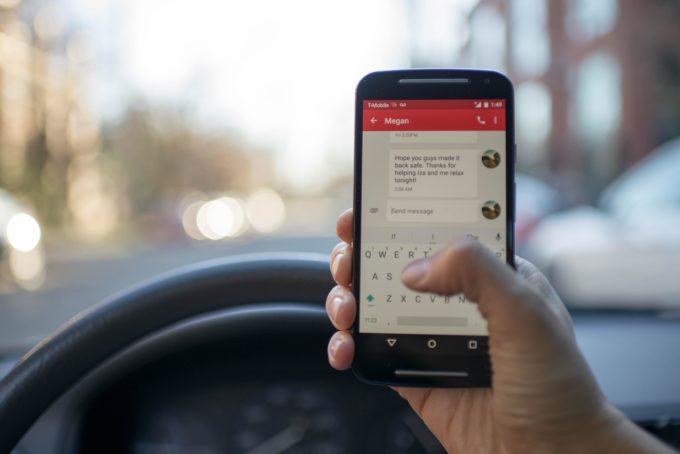
Compelled Decryption in Florida: A “Foregone Conclusion?”
By Reiley Porter - Edited by Rebecca Wang
G.A.Q.L. v. State of Florida, No. 4D18-1811 (Fla. Dist. Ct. App. Oct. 24, 2018).
The District Court of Appeal of the State of Florida, Fourth District granted certiorari and quashed the order by the Circuit Court for the Seventeenth Judicial Circuit, Broward County, which had ordered G.A.Q.L., a minor, to provide a phone passcode and password.
The defendant, G.A.Q.L., was driving a vehicle involved in a crash. The minor had been speeding and his blood-alcohol content was found to be 0.086 when measured after the crash. One of his passengers died in the crash. The police found two phones in the vehicle, one of which belonged to a surviving passenger. This passenger told the police that she had been communicating with the defendant over text messages and Snapchat. The state then motioned to compel the defendant to provide the phone passcode and password. The defendant petitioned for a writ of certiorari to quash this motion.
The Fourth District held that providing a phone passcode was a testimonial communication and thus could not be compelled under the Fifth Amendment protection against self-incrimination. The court also held that the “foregone conclusion” exception to the Fifth Amendment was inapplicable. The “foregone conclusion” exception applies if the state can show with reasonable particularity that it already knew of the materials sought, but it should not be broadened to swallow the Fifth Amendment. These holdings disagreed with the District Court of Appeal of the State of Florida, Second District, which held in State v. Stahl that phone passcodes were not testimonial and applied the “foregone conclusion” exception. 206 So. 3d 124 (Fla. Dist. Ct. App. 2016), hosted by 2dca.org. The Fourth District acknowledged this direct conflict, stating that the Second District erred in denying Fifth Amendment protection to passcodes. In so holding, the Fourth District also stated that the “foregone conclusion” exception must analyze the content sought behind the passcode, not the passcode itself.
The Fourth District reasoned here that a phone passcode is more similar to a safe combination (protected as testimonial communication by the Fifth Amendment) than a key to a locked box (no such protection). The court also reasoned that in order to prevent the exception from swallowing the rule, the “foregone conclusion” exception must require more than the demonstration that a passcode exists. Rather, it requires the order to specify with “reasonable particularity” that the documentation being sought exists, is authentic, is in the defendant’s possession, and will be unlocked by the passcode. The court’s reasoning relied heavily on the United States Court of Appeals for the Eleventh Circuit case In re Grand Jury Subpoena Duces Tecum Dated March 25, 2011, 670 F.3d 1335 (11th Cir. 2012), hosted by Justia.com (holding the Fifth Amendment protects a defendant from being compelled to decrypt files on hard drives and that the “foregone conclusion” exception must focus on the files not on the encryption).
Judge Kuntz concurred in result only. The concurrence objects to the holding in the majority opinion that the “foregone conclusion” exception could ever apply to an order to provide a passcode. Instead, the “foregone conclusion” exception can never compel “oral testimony.” The concurrence does not address whether the Fifth Amendment would allow compelled device decryption that is not oral testimony.
The Register further discusses the two clashing interpretations of the “foregone conclusion” exception. Techdirt comments on this holding’s potential for impact (or not). This holding introduces conflict in Florida courts regarding the Fifth Amendment’s potential protection against compelled decryption. The disagreement between two Florida District Courts of Appeal indicates that the issue will likely come before the Florida Supreme Court for determination.